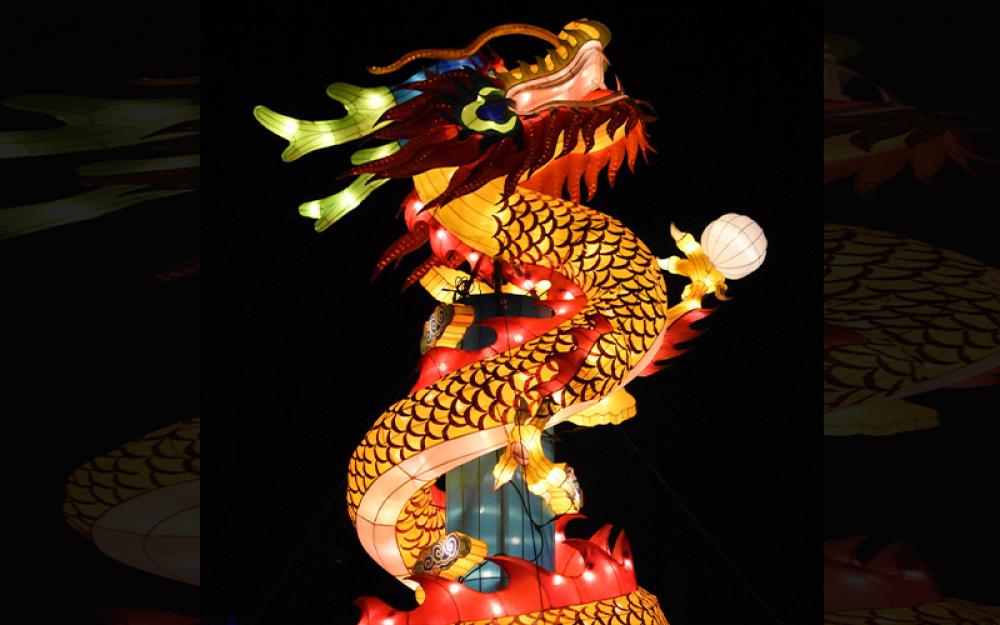Just Earth News | @justearthnews | 12 Jun 2023, 07:41 am Print
 China-Kenya
China-Kenya The African continent remains one of the major examples of China's poorly executed $1 trillion ‘Belt and Road Initiative’ (BRI).
With Western lenders pulling out of the $5 billion East African Crude Oil Pipeline (EACOP), the Export-Import Bank of China (EXIM) and other state-owned entities have stepped in to finance the remaining $3 billion necessary to complete it, NTV Kenya reported.
The 1445 km long project from the Ugandan oilfields of Lake Albert is expected to transport 216,000 barrels upon completion. After reaching the port of Tanga, in Tanzania, in the Indian Ocean, it will then be shipped to international markets.
The Industrial and Commercial Bank of China (ICBC) owns a 20% stake in the Standard Bank of South Africa and is cooperating with it to act as financial advisors and debt arrangers for EACOP, the news portal reported.
Although French oil major Total Energies holds 62% of the stake in the pipeline, Uganda National Oil Company and Tanzania Petroleum Development Corporation have a respective 15% stake each, with the remaining 8% in the hands of the China National Offshore Oil Corporation (CNOOC), which has already started drilling at the Kingfisher Oilfield at Lake Albert, while Total Energies is operating the other oilfield at Tilanga in western Uganda. It has signed deals with the China Petroleum Engineering and Construction Company to construct the Tilanga drilling facilities.
The pipeline is being supplied by China Petroleum Pipeline Engineering.
Chinese infrastructure projects have not typically had a happy outcome in the recent past. After heavily indebted countries feared their international credit rating would be damaged, China lent to African countries through shell companies, such as a $1.5 billion loan to Zambia from Chinese banks that did not appear on the accounts of the public for years, reports the news portal.
As questions arise as to how exactly these massive loans will be repaid in the future, we can take a look at existing actions taken to assess China’s future tactics. In a series of years-long digital intrusions, Kenya has faced cyber-attacks from Chinese hackers attempting to infiltrate key ministries and State institutions to keep abreast of its lending status and debt repayment intentions. Several reports show that 35% of BRI infrastructure projects are plagued by corruption scandals, labor violations, environmental hazards, and public protests, the news portal added.
Many people have also raised concerns about such infrastructure projects being used for espionage after the 2018 scandal of the African Union headquarters in Ethiopia being bugged by China.
- Abandoned at birth, Punch the macaque finds global love as crowds flock to Tokyo zoo
- YouTube Premium Lite just got a massive boost — Know all details
- Trump claims he stopped 35 million deaths by stopping India-Pakistan war
- Entrepreneur decides to shut down 16-year old eatery in London, cites harassment and Pakistani attacks
- Ubisoft bets big on Assassin’s Creed with strategic leadership revamp





-1763561110.jpg)
